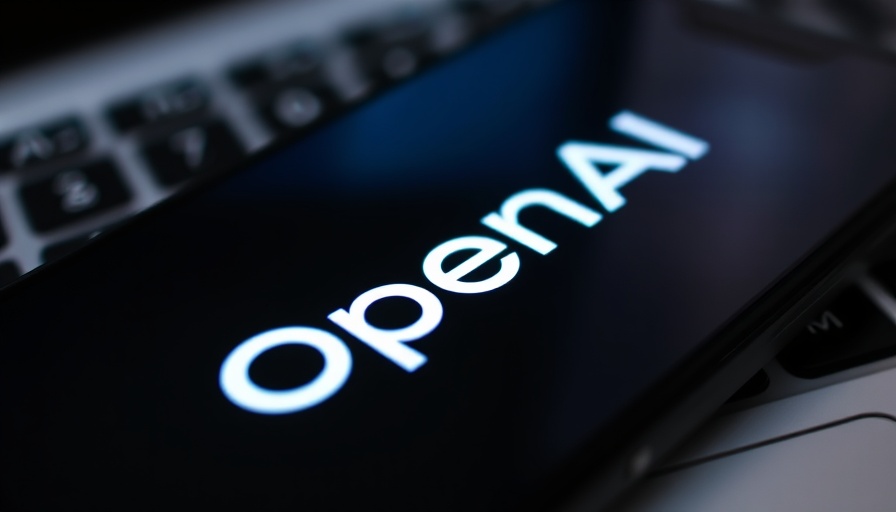
Elon Musk's Legal Battle Over OpenAI's For-Profit Transition
In a significant legal ruling, a federal judge has denied Elon Musk's request to block OpenAI from transitioning into a for-profit entity. U.S. District Judge Yvonne Gonzalez Rogers declared that Musk did not sufficiently prove his case for a preliminary injunction. While she dismissed the immediate request, she acknowledged the importance of the case, suggesting that a trial might be scheduled as soon as this fall, highlighting the public interest involved.
The Core of the Dispute
Musk, who was one of the early supporters of OpenAI, has raised concerns about the organization's shift away from its original nonprofit principles. He claims that this shift not only deviates from the foundational agreements but also potentially harms competition in the burgeoning AI landscape. His frustrations came to a head after he expanded his lawsuit to include Microsoft, arguing that OpenAI’s profit-oriented changes obstruct fair market practices.
The Financial Stakes
Adding fuel to the fire, Musk’s legal team recently made an unsolicited $97.4 billion bid to acquire a controlling interest in OpenAI’s nonprofit division. Such a monetary commitment raises questions about his genuine intentions regarding the future of AI or whether it is merely a strategic move in his larger business interests. Judge Rogers pointed out that this bid contradicts Musk's claim of suffering “irreparable harm,” further complicating his legal stance.
The Implications for AI Innovation
This case is more than just a legal battle; it raises broader questions about the direction of AI technology and the responsibilities of its creators. As more organizations like OpenAI pivot towards profit-driven models, concerns about transparency, ethical AI development, and equitable access are coming to the forefront. With Musk establishing his AI venture, xAI, as a plaintiff in the suit, the competitive landscape may evolve dramatically, prompting other tech giants to reassess their strategies amidst changing legal and ethical norms.
Public Interest and Future Predictions
Judge Rogers' emphasis on the public interest indicates that the outcome of this legal battle could have far-reaching effects on AI development as a whole. If OpenAI's shift to for-profit is deemed permissible, it may encourage similar moves from other tech firms, potentially diminishing the resources dedicated to ethical AI research and development. The question remains: can a balance be struck between profitability and ethical responsibility in AI technology?
Conclusion: A Legal Turning Point for AI
The ongoing legal saga between Musk and OpenAI not only encapsulates personal and corporate conflicts but also embodies one of the most pressing philosophical and practical dilemmas of our time—how to govern and manage AI technologies that are fundamentally altering our world. As stakeholders in AI continue to navigate these contentious waters, the outcomes of such disputes will likely shape the future landscape of technology and its societal impacts.
 Add Row
Add Row  Add
Add 




 Add Row
Add Row  Add
Add 

Write A Comment